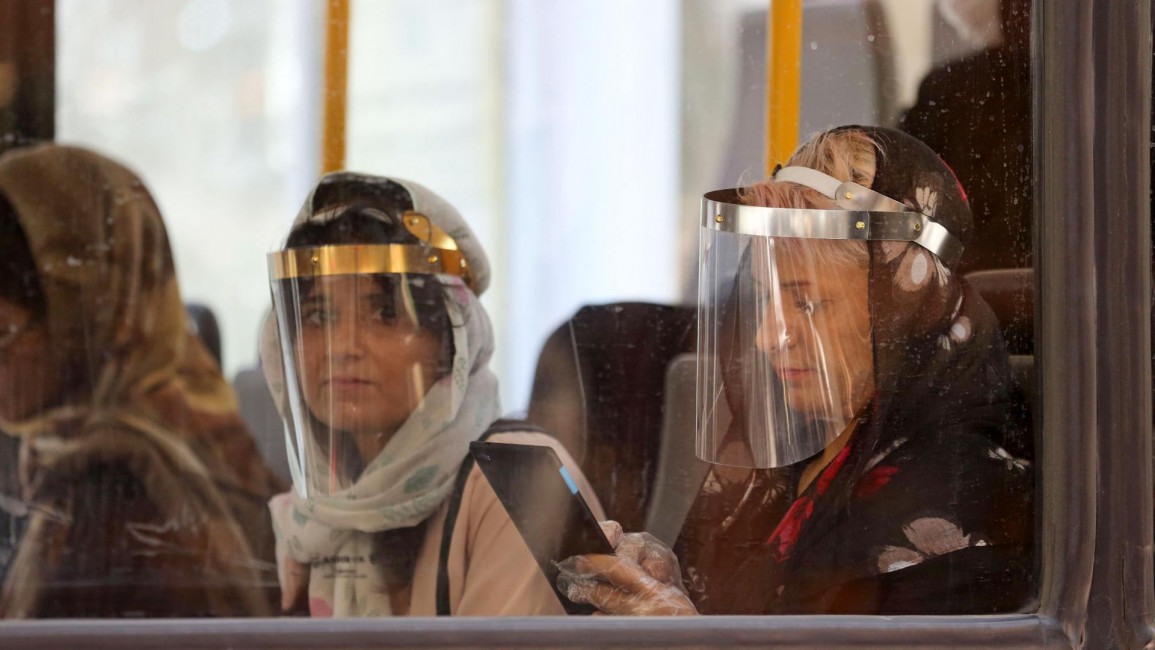Coronavirus infection rate is 40 percent in two Iran provinces
"Forty percent of residents in the provinces of Qom and Gilan have contracted the coronavirus, while the number in Tehran is about fifteen percent," the deputy health minister said according to Radio Farda.
Iran's first cases of coronavirus were reported in February in the holy city of Qom.
On Thursday, the country announced 134 new deaths from the novel coronavirus, taking the overall toll in the Middle East's deadliest outbreak past 10,000.
"We lost 134 of our compatriots in the past 24 hours and the total number of victims is 10,130," health ministry spokeswoman Sima Sadat Lari told a televised news conference.
It was the seventh straight day that Iran has reported more than 100 coronavirus deaths.
Lari said another 2,595 people had tested positive for the virus over the same 24-hour period, bringing the country's overall caseload to 215,096.
But if 15 percent of the capital Tehran are believed to have been infected, that alone would account for more than a million cases.
The health ministry has not accounted for the discrepancy between the official numbers and the believed rate of contraction.
There has been scepticism at home and abroad about the country's official Covid-19 figures, with concerns the actual toll could be much higher.
Hospital admissions were highest in the provinces of Bushehr, Hormozgan, Kermanshah, Khuzestan and Kurdistan, while they were increasing in Tehran and Fars, Lari said.
"We call on all our compatriots to follow the health protocols, especially the elderly and those with underlying diseases," said Lari.
"We also urge children and young people not to be present in crowded centres, to keep their distance from the elderly, grandparents, and to help them to stay at home as much as possible."
Read more: Iran criticises 'unsatisfactory' exclusion from Saudi Hajj plans
Iran reported its first Covid-19 cases on 19 February, and it has since struggled to contain the outbreak since.
It has refrained from imposing a mandatory lockdown on people to stop the virus' spread, and the use of masks and protective equipment is optional in most areas.
The Islamic Republic closed schools, cancelled public events and banned movement between its 31 provinces in March, but the government gradually lifted restrictions from April to try to reopen its sanctions-hit economy.
Agencies contributed to this report.
Follow us on Facebook, Twitter and Instagram to stay connected



